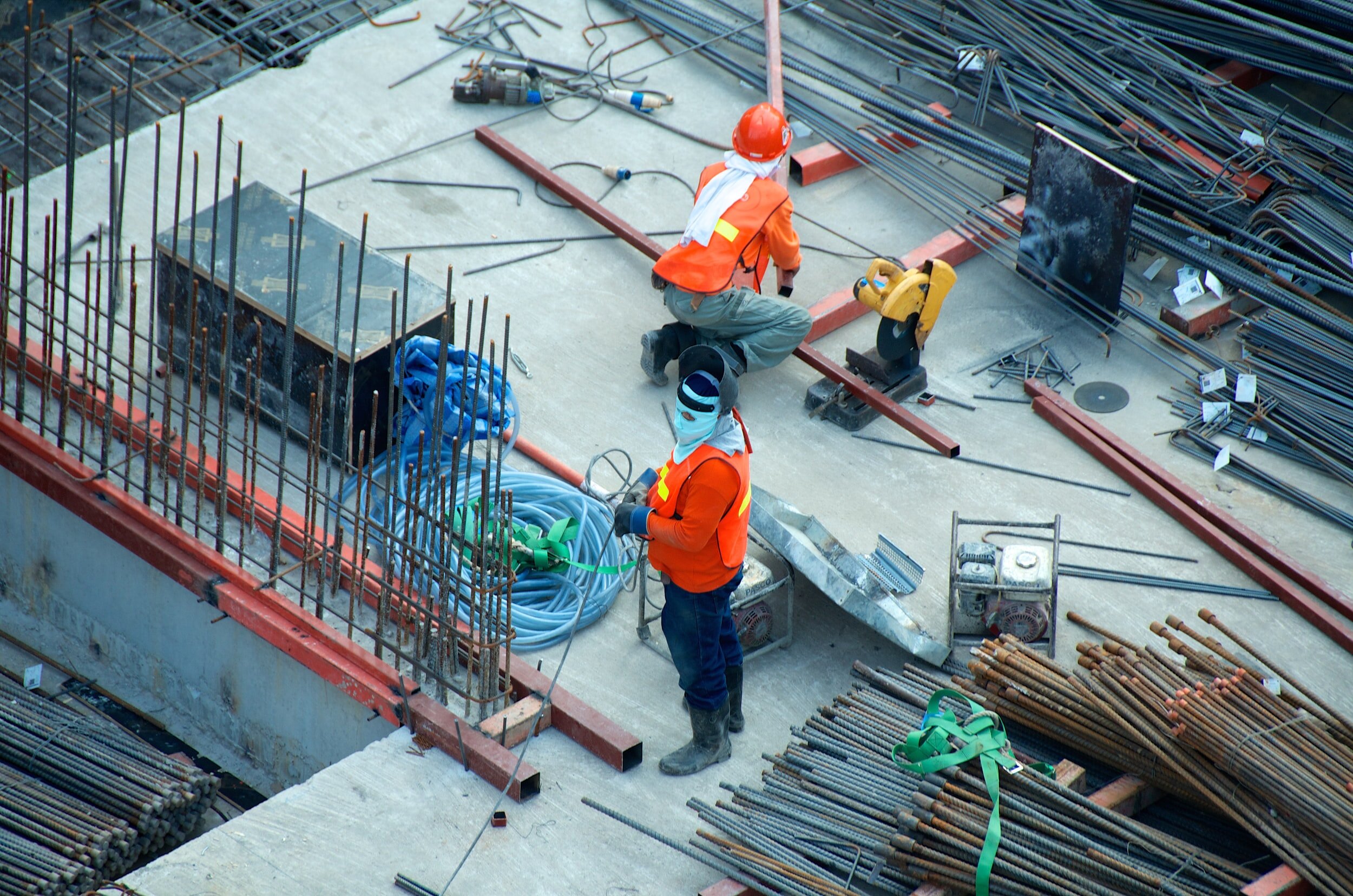A portion of the Skagit River Bridge, located in Mount Vernon, Washington catastrophically collapsed into the water below after a semi hauling an oversized load clipped a cross beam in 2013. Luckily and amazingly, no one was killed by the incident, but 3 people were taken to the hospital for minor injuries as several cars fell into the river. It took over 3 years to determine a cause and the report states that there were several causes. First, below is security camera footage of the collapse, uploaded to Youtube by newschannel500, in which you can see just how quickly the collapse happened.
It’s one thing for a structure to suffer damage and slowly collapse, but this happened so quickly it left many scratching their heads. By code, all structures and buildings are designed with a factor of safety to allow occupants to react and exit safely.
Illinois civil engineering professors Tim Stark, Ray Benekohal, Larry Fahrenstock, and Jim Lafave recently published their findings in the American Society of Civil Engineers’ Journal of Performance of Constructed Facilities. The team of engineers concluded that a combination of regulatory factors, structural issues, and human error all contributed to the failure.
“The bridge repair costs exceeded $15 million, and that doesn’t account for the economic losses that the area felt because they and visitors no longer had access to the interstate," Tim Stark said in a statement. “Even though this accident occurred three years ago, it’s still very important because many bridges have this same design, not only in Washington but in other states.”
Regulatory Factors
Permits are issued to trucks that meet specific criteria for the structures on their route, including the height of their truck. Even though the truck was under the maximum clearance the Skagit River Bridge allows, the maximum clearance on the outside lanes was much shorter. The problem is that, unlike many bridges, the clear height was not consistent across the width of the road. The top was arched, allowing a clear height of 17 feet 3 inches in the center lanes, but only around 15 feet 3 inches on the outside lanes. The truck was 15 feet 9 inches tall, which allowed it to hit the cross beam. The State of Washington DOT only kept the maximum height of the bridge in their database, as opposed to the lowest height like other states, including Illinois, do.
Structural Issues
Although one of the cross beams was badly damaged by the truck, it was not actually a primary structural component, according to Jim Lafave. However, the way it twisted caused the bridge truss to be pulled down with it, causing the section to fall.
Human Error
Oversized trucks are accompanied by a pilot car to help guide them and alert them of any dangerous situations ahead. In this case, the pilot car had an antenna at the same height as the truck, which is supposed to alert the driver if it hits anything. If the antenna hits something, then the driver of the pilot car calls the truck driver. According to Tim Stark, either the antenna did not hit the bridge or the pilot car driver did not hear it hit the bridge. Regardless of the reason, the truck driver was never called to adjust his route.
Recommendations
Based upon the engineers’ conclusions, they have also offered several recommendations to keep this type of event from happening in the future. All databases, they said, should be updated with the lowest clear height, pilot car antennas should be equipment with an automatic alert sensor, which would contact the truck driver immediately, avoiding human error, and several cross braces could be added to the design in order to avoid structural failure. You can also check out the video below, uploaded by Omega Morgan, to see how the bridge was repaired:
Full Story: Structural, regulatory and human error were factors in Washington highway bridge collapse | Illinois News Bureau











In the midst of fierce discourse over the bipartisan infrastructure bill lies a unique opportunity for the United States.